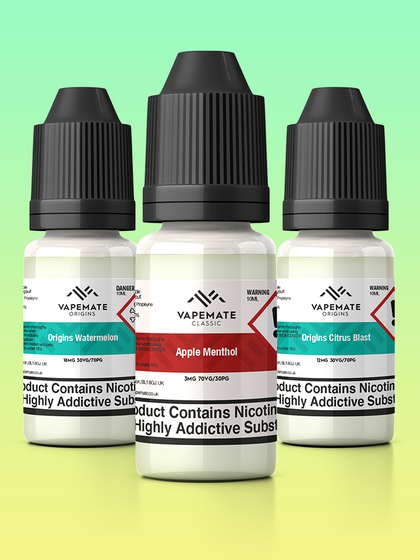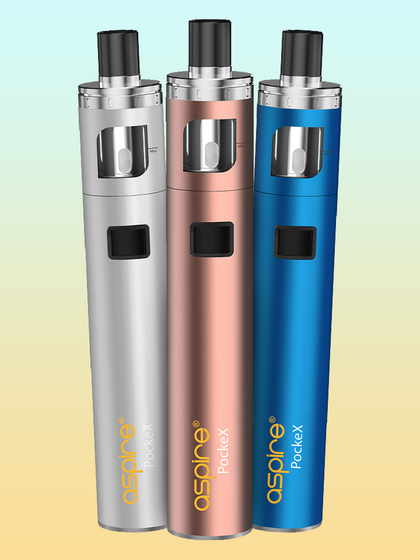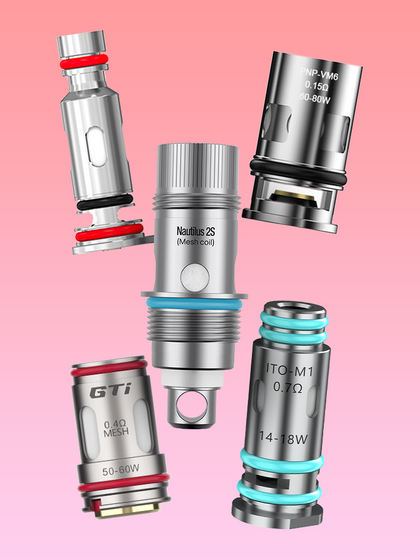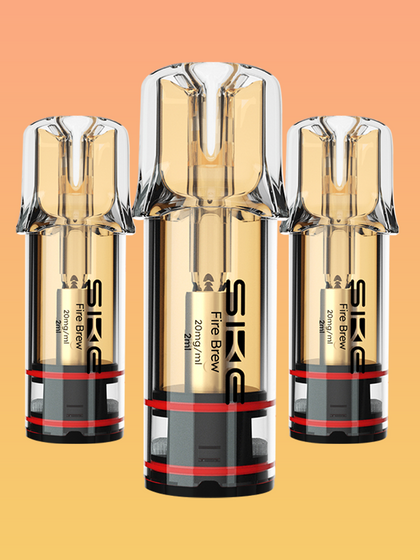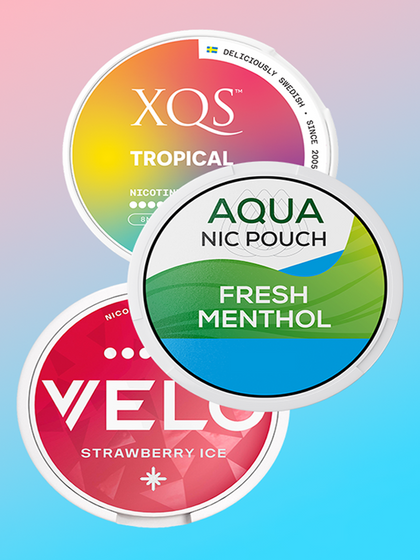Battery Safety
SAFETY INFORMATION FOR E-CIGARETTE BATTERIES
Here at Vapemate, the safety of our customers is a primary concern for us and we want to ensure that you have an accident-free vaping experience. As the world of vaping continues to develop and expand, it’s becoming more and more imperative that vapers are aware of the safety issues surrounding e-cigarettes. Although vaping is not a dangerous activity, there are some rules of safety that must be adhered to. The main safety hazard within an e-cig comes from the battery, so we have compiled this guide to ensure that you stay safe whilst using any of our products containing batteries. Please take a look at our battery safety guide here.
ABOUT LITHIUM ION BATTERIES
Lithium Ion batteries are safely used in millions of devices around the world, every day. As with most high energy devices, there are various risks that users should be aware of when using them. Batteries can pose a fire risk when, over-charged, short-circuited, submerged in water or if their casing is damaged. Although many Lithium Ion batteries are protected, therefore it is vital that you still take the following precautions, as the protection circuit is a potential safety mechanism as opposed to something that should be relied upon.
WHAT ARE BATTERY MAH AND AMPS?
MAh stands for milliampere-hour. It is the standard of measurement that illustrates the total amount of energy that a battery can deliver over one hour. For example, a battery with a capacity of 1000 mAh could deliver 1000 milliamperes (one amp) for one hour before its capacity is exhausted.
HOW DO I IDENTIFY THE RIGHT AMPS LEVEL FOR MY BATTERY?
Never charge your battery at a higher amp than what is indicated by the manufacturer. To calculate the maximum amp level to charge your battery:
Take the mAh rate of the battery move the decimal point three points to the left.
For example : 3500 mAh would become 3.5 amp (maximum allowed).
WHAT DO I NEED TO KNOW ABOUT STORING LITHIUM BATTERIES SAFELY?
- Always buy your battery products from a reputable company, such as Vapemate, who can offer you quality assurance and safety.
- Do not store your batteries in extreme temperature conditions. Excessive heat or cold are bad for batteries/cells.
- Do not leave batteries/cells in a vehicle.
- Do not keep batteries/cells in pockets, bags or purses etc.
- Keep cells in an approved cell case when not in use.
- Keep batteries/cells clean and dry.
- Do not store batteries/cells in close contact with metallic items such as keys or coins.
- Do not place batteries/cells in clothing due to the risk of accidental activation.
- Batteries and cells must be stored out of direct sunlight.
- Store your cell in an Vapemate supplied cell case when not in use.
- After extended periods of storage, it may be necessary to charge and discharge the cells or batteries several times to obtain maximum performance.
HOW CAN I AVOID DAMAGING A BATTERY
HOW CAN I AVOID DAMAGING A BATTERY WHILST CHARGING IT?
- Batteries purchased from Vapemate MUST only be charged using our USB chargers and mains adaptors
- Avoid using any third party adaptors as they may cause harm to the battery and human life.
- When charging, use one of our Vapemate Charging Bags to ensure the safety and security of your product.
- Never leave a charging battery unattended.
- Never leave a cell or battery on prolonged charge.
- Always keep an eye on your battery whilst it is on charge.
- Batteries/cells need to be replaced once every 3-6 months.
WHAT DO I DO IF THE BATTERY HAS BEEN DAMAGED OR IS LEAKING?
- Never use a battery that has been clearly damaged or is leaking. It should be discarded immediately in an appropriate way.
- Do not let any leaking fluid come into contact with the skin or eyes.
- If contact has been made, wash the affected area with copious amounts of water and seek medical advice.
General points to remember:
- Seek medical advice immediately if a cell or a battery has been swallowed.
- Always dispose of materials, containers, batteries and packaging responsibly.
- Always use this product within stated manufacturer’s guidelines.
- Retain any original product literature for future reference.
- Pure nicotine is a poison and can cause serious harm and injury.
